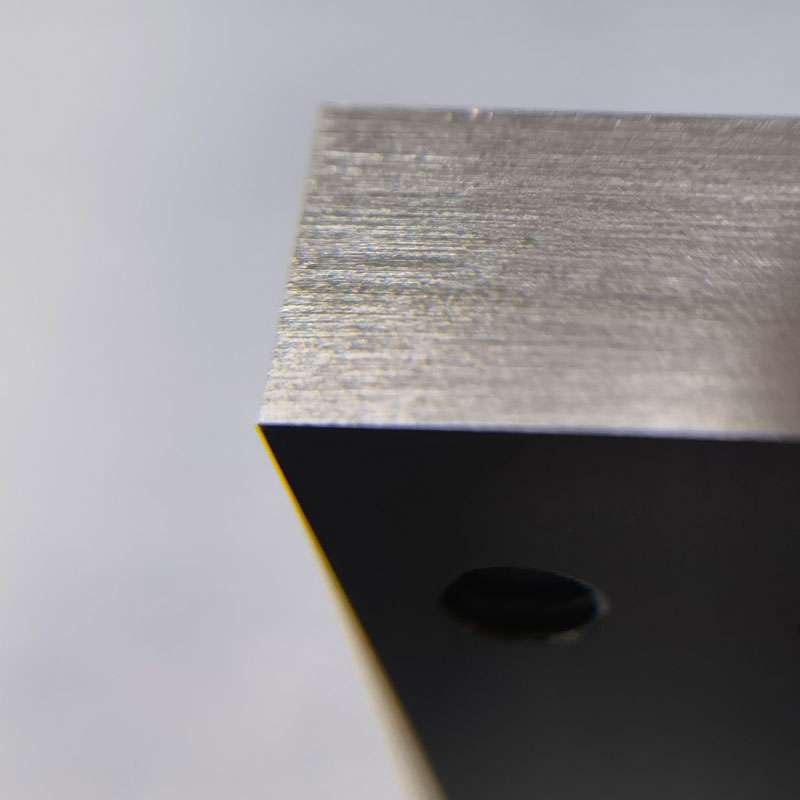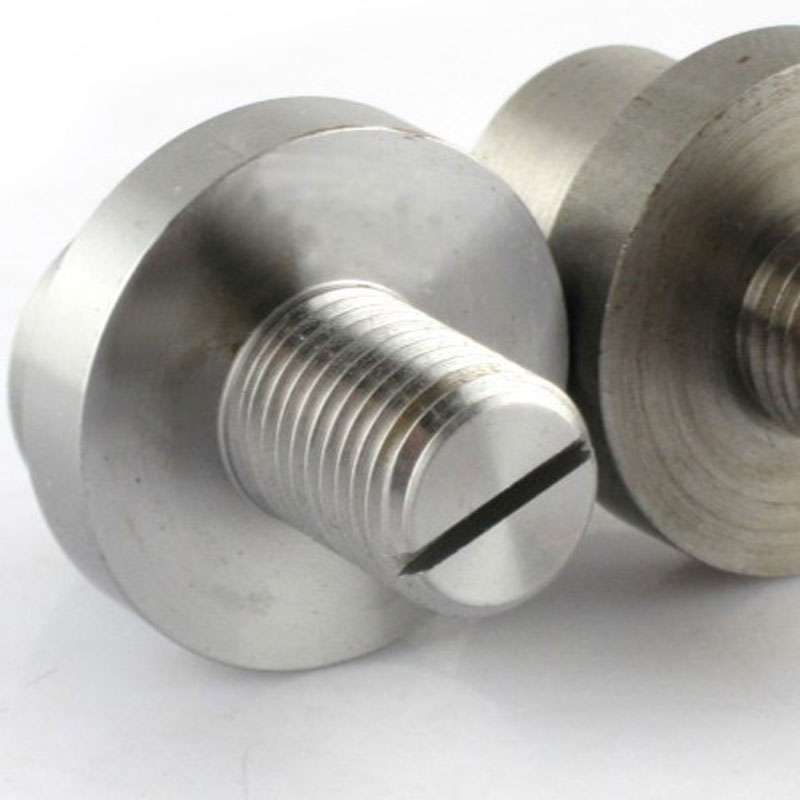CAPABILITIES
Rapid tooling, also known as rapid injection mold tooling, is a quick and economical injection molding solution for small batches of parts. Industries depend on rapid tooling for small batches during the testing and prototyping stages.
Prolean offers quality rapid tooling injection molding services for a broad range of materials in convenient quantities.






All uploads are secure and confidential.
Prolean’s Rapid Tooling Service
Rapid tooling is also known as bridge tooling or prototype tooling because it is a cost-efficient production process for parts that are not ready for mass production but require more quantities than the primary prototyping stage.
Rapid tooling utilizes steel or aluminum molds for injection molding of plastic parts. The steel and aluminum molds are perfect for batches as large as 10,000 and take just one or two weeks with existing CAD tools to design. The produced parts are as good as or almost close to mass-production parts in quality.

Advantages of Rapid Tooling
Rapid tooling is ideal for products not yet ready for mass production. The quick production allows companies to test a larger batch of product in its near-mass production state without investing time and resources in production tooling. The prototypes and test batches are great at revealing flaws in the design of the product. Imperfections like weak spots, warping and shrinking found by rapid tooling can save significant amounts of capital for companies.
Rapid tooling is also cheaper than other prototyping processes for larger batches which makes it perfect for young companies looking to get a small batch out in the market.
How to Order Parts?
Get a free quote from a real engineer; once we receive your design, our engineer will review it and send you a quote as fast as one hour.

Get A Quote Immediately
Upload your design or email our engineer directly and get your quotes as fast as one hour.

Start Production
Your parts will be made once your orders are confirmed. Besides, you will get real-time order updates of the production status from our order tracking system.

Receive Your Part
After all parts pass QC inspection, they will be well packed from transportation accidents. Then, your custom parts are delivered straight to your doorstep.
Rapid Tooling Materials Options
| Thermoplastics | |
| ABS | PEEK |
| PC | PET |
| Nylon (PA) | PMMA |
| Glass Filled Nylon (PA GF) | POM |
| PC/ABS | PP |
| PE/HDPE/LDPE | PVC |
| TPU | |
Rapid Tooling Material Guide
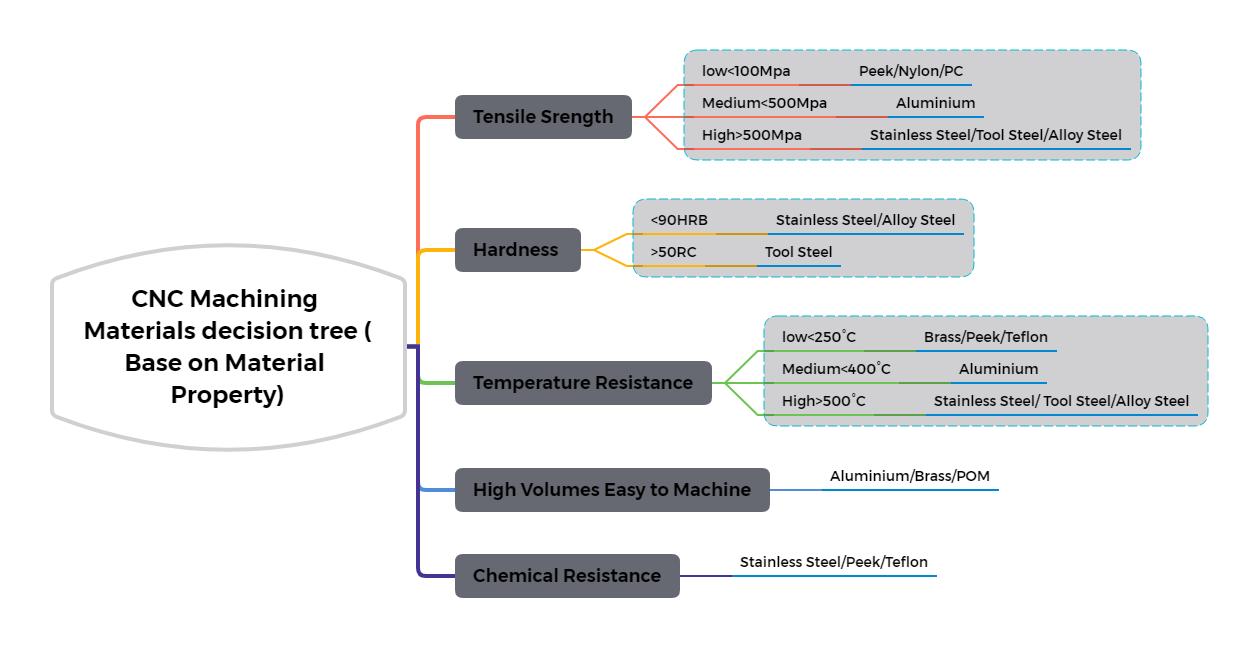
Finishing Options For Rapid Tooling Service
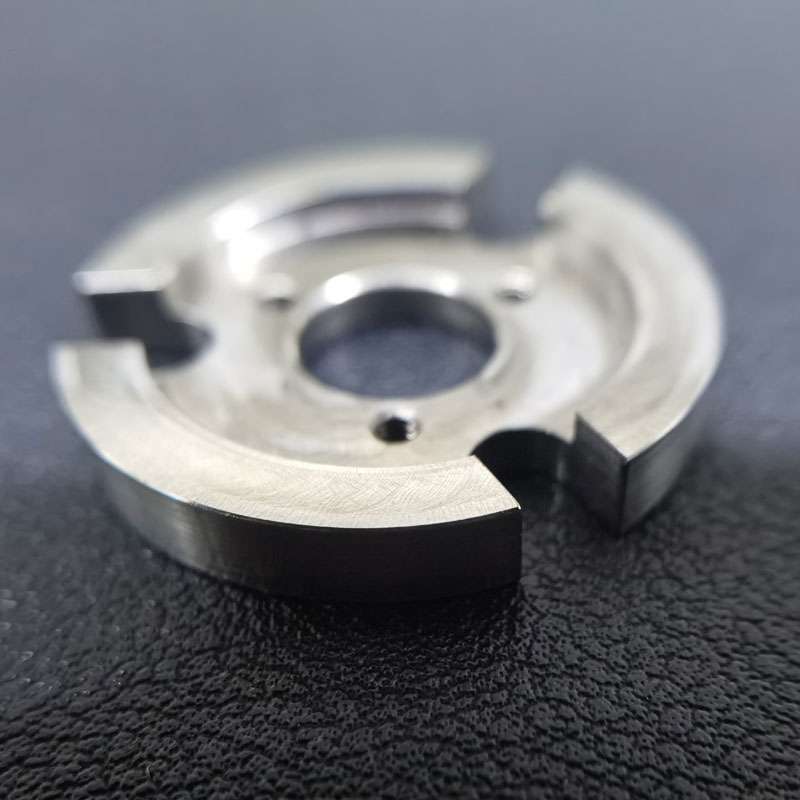
As the machined or deburring
The machined or deburring finish is the standard finish where unwanted attach chips are removed with deburring tools, and sharp edges are chamfered to smooth the surface (3.2 μm).
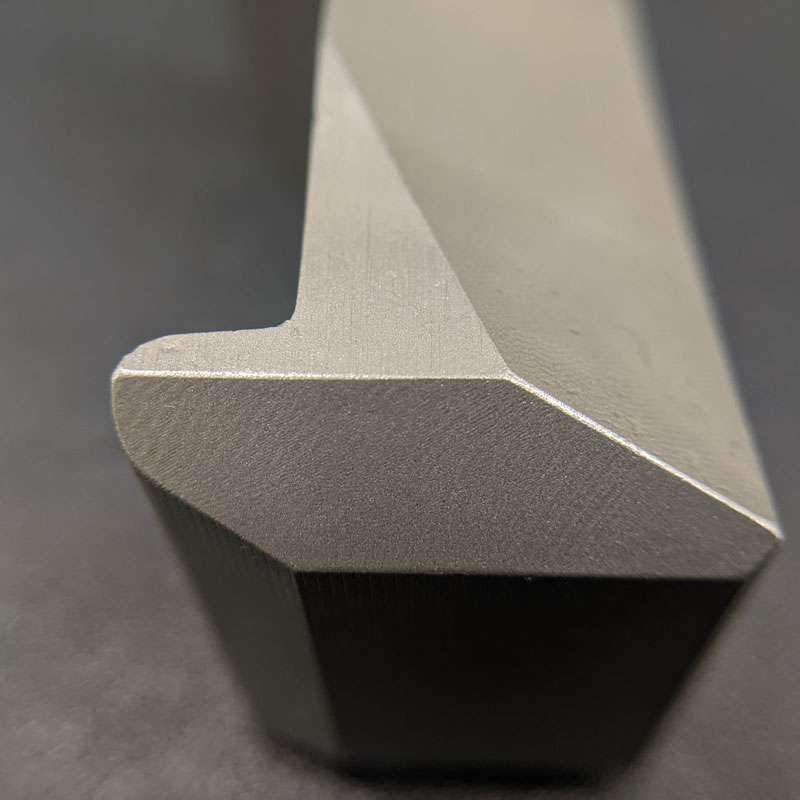
Bead Blasted
Bead blasting produces a matte texture, removing all the marks of machining tools. It applies to ABS, Aluminum, Brass, Stainless Steel, and Steel parts.
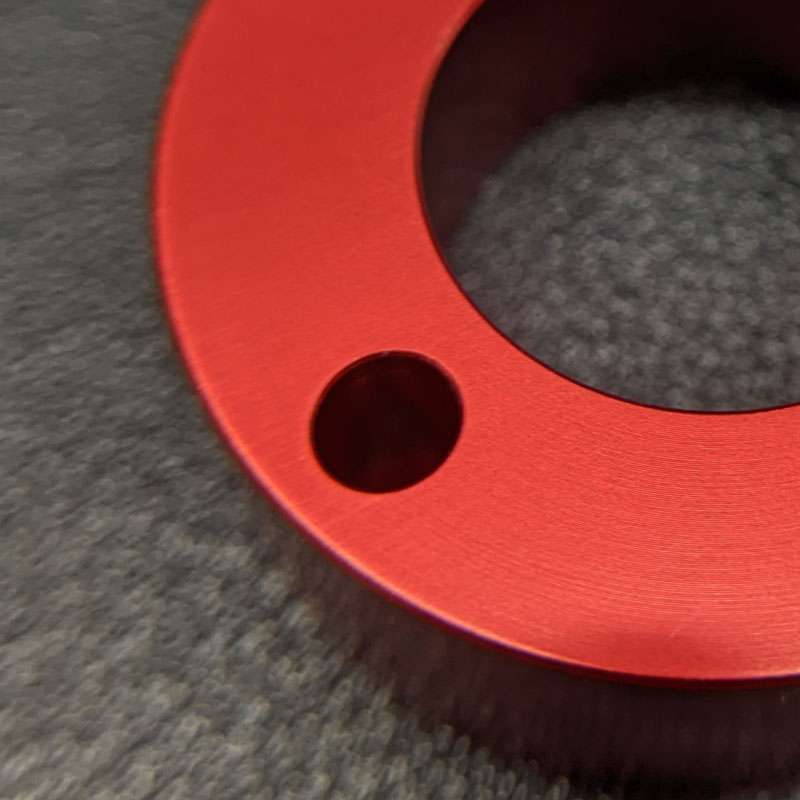
Anodizing
Anodizing involves adding an aluminum oxide coating to aluminum and its alloys. The layers, which come in various colors, increase strength and shield the surface from corrosion.
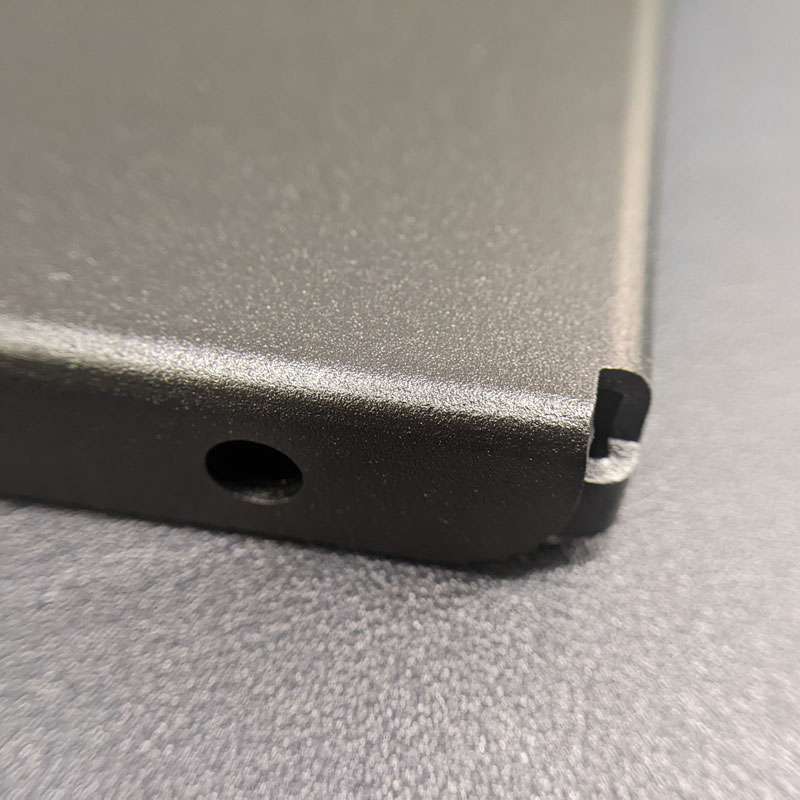
Powder coating
Powder coating is the electrostatically applying of dry powder to the surface. It produces a thin layer providing excellent resistance to wear, corrosion, and abrasion.
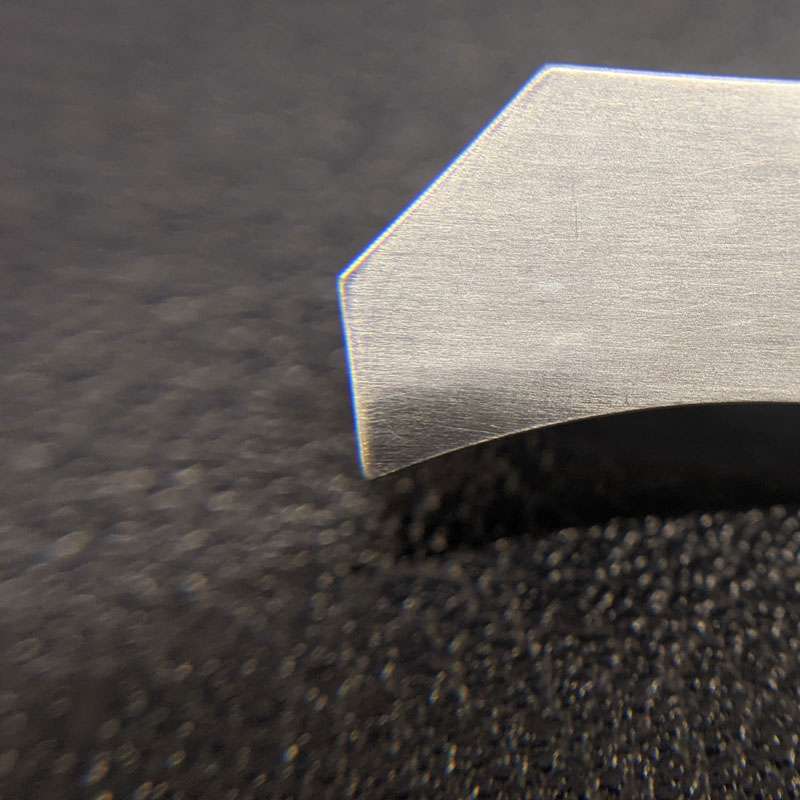
Polishing
Physical rubbing of a metal surface to create a shiny surface is called a polishing surface finish. It increases the reflectivity and does not affect the dimensional stability of parts.
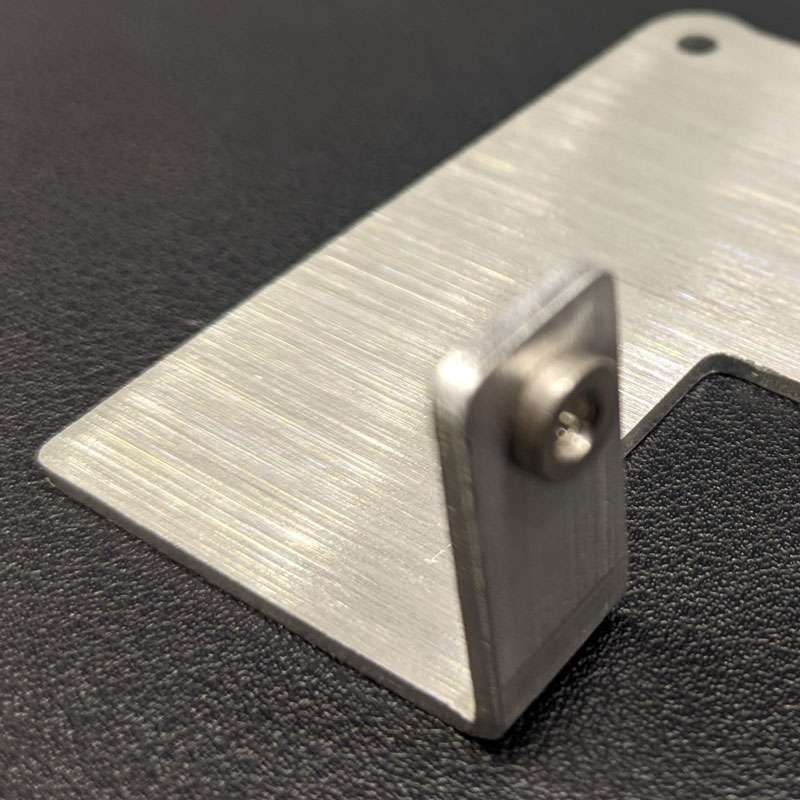
Brushing
Brushing is achieved by applying an abrasive brush to the metal surface, which produces a unidirectional satin finish. And it is not recommended for highly corrosive materials.
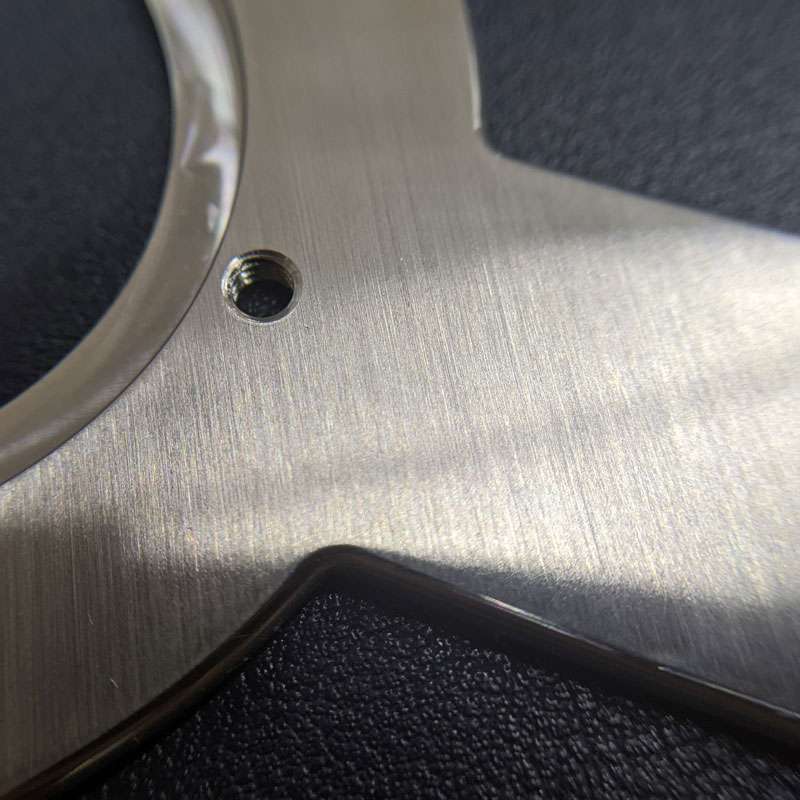
Smooth machining
Smooth machining is done by controlling the machining process, such as feed rate & cutting speed. It minimizes the tool marks and risk of corrosion.
Black-Oxide
Black oxide finish reduces surface reflectivity and offers mild corrosion protection. It involves adding a thin layer of magnetite to the surface.
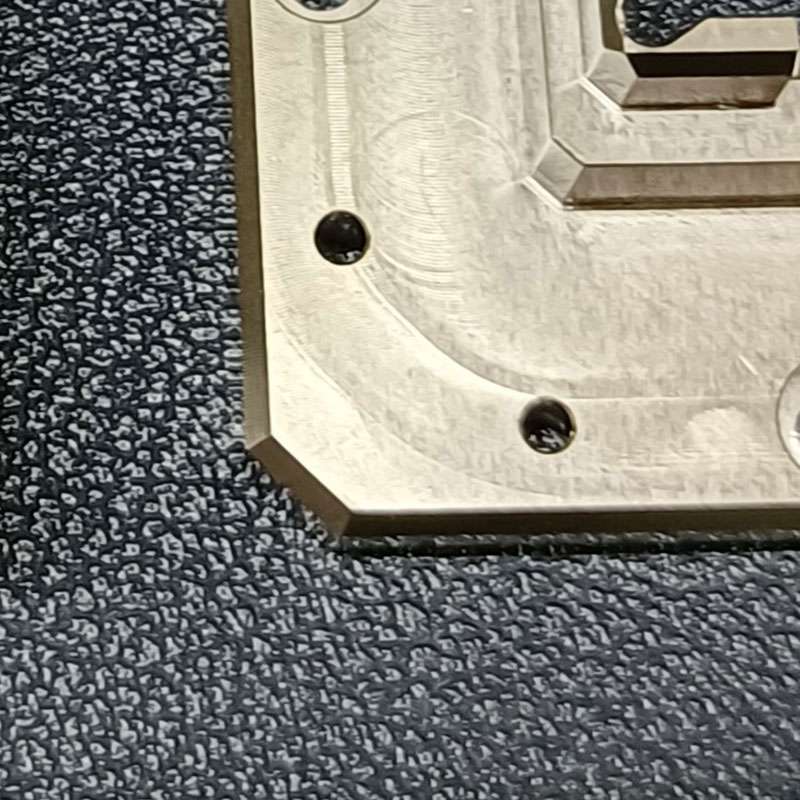
Electro-less Nickel Plating
A thin layer of Nickel is created on the surface from a nickel-containing solution without electrolysis. Electro-less nickel plating provides a shiny appearance, excellent hardness, abrasive, wear, and corrosion-resistance to the substrate material.
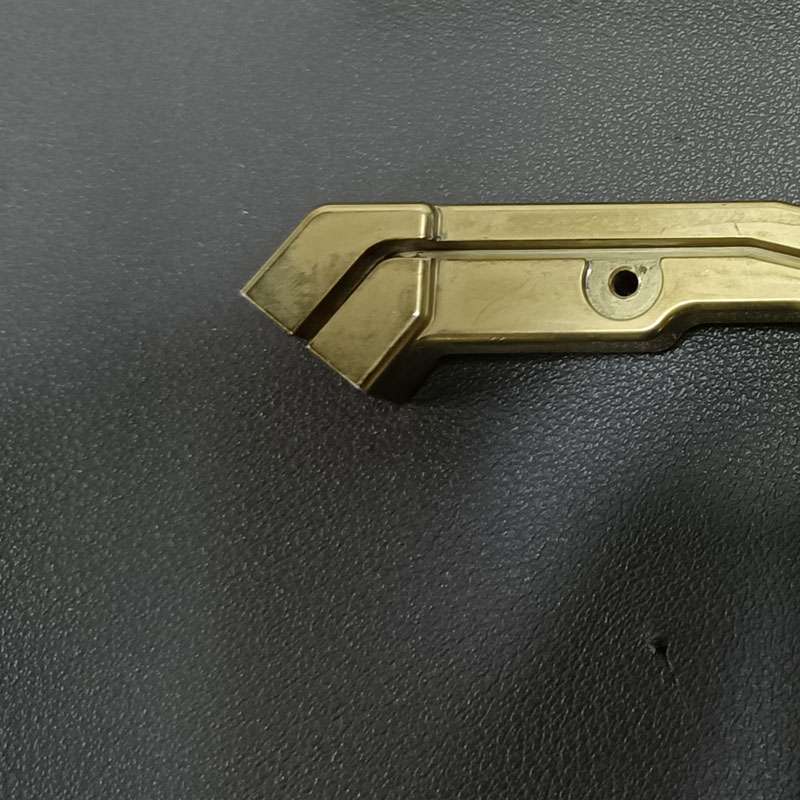
Alodine
Provides excellent corrosion resistance property to the aluminum parts with greenish-gold color. It is the low-cost and quick surface finishing approach.
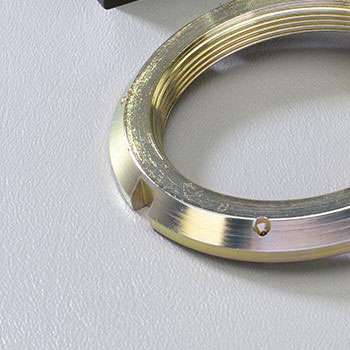
Electroplating
Electroplating increases the hardness of the steel &aluminum parts. It offers excellent corrosion, wears, and abrasion resistance.

Nickel plating
Make the parts super resistive to corrosion. It enhances mechanical strength, hardness, wear resistance, lubricity, and ductility. Nickel plating is applicable in different materials, including Steel, aluminum, copper, and brass.
Passivation
Enhance the appearance and functionality of the parts. After Passivation, parts of Steel and its alloys become super resistive from corrosion.
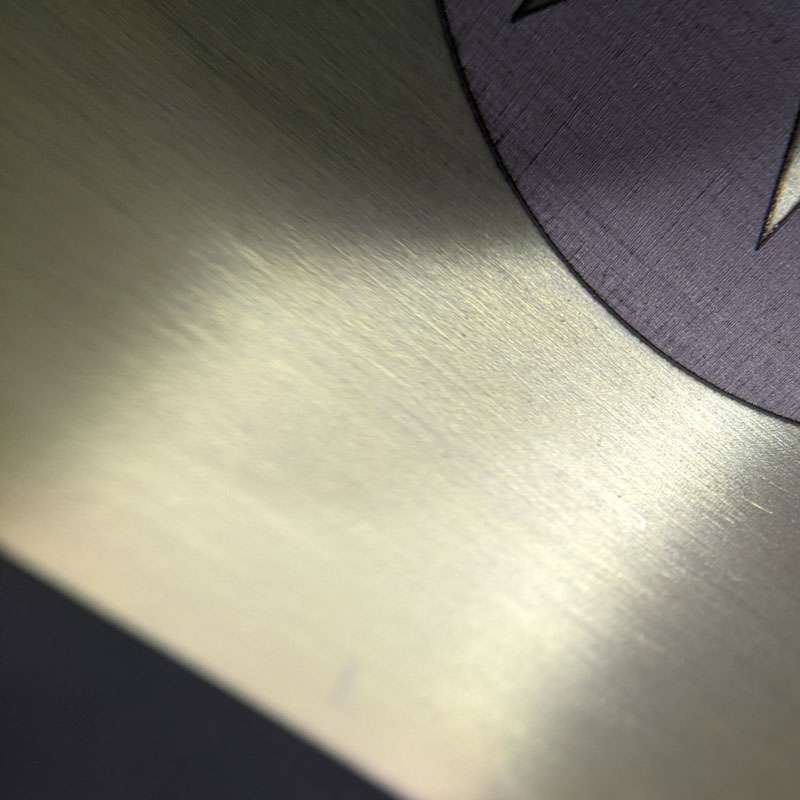
Yellow Chromate conversion coating
A shiny appearance with goldish color provides excellent corrosion resistance. It is applied on the surface of aluminum, magnesium, and their alloys. A layer of chromate also enhances the conductivity of parts
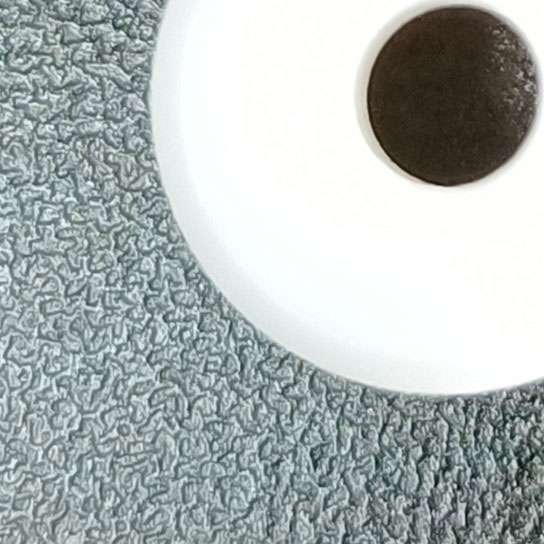
PTFE (Teflon) Coating
The Teflon layer on the parts offers excellent corrosion resistance, water resistance, and non-stickiness with a non-reactive surface.
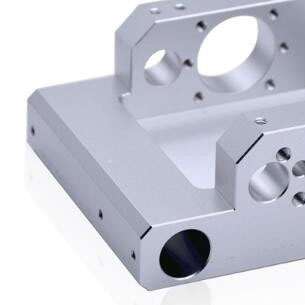
Fine machining
The higher-precision machines produce delicate machining surfaces by utilizing sharper tools and regulating feed rate and cutting speed. Surface roughness up to Ra 0.8 μm can be maintained with smooth machining.
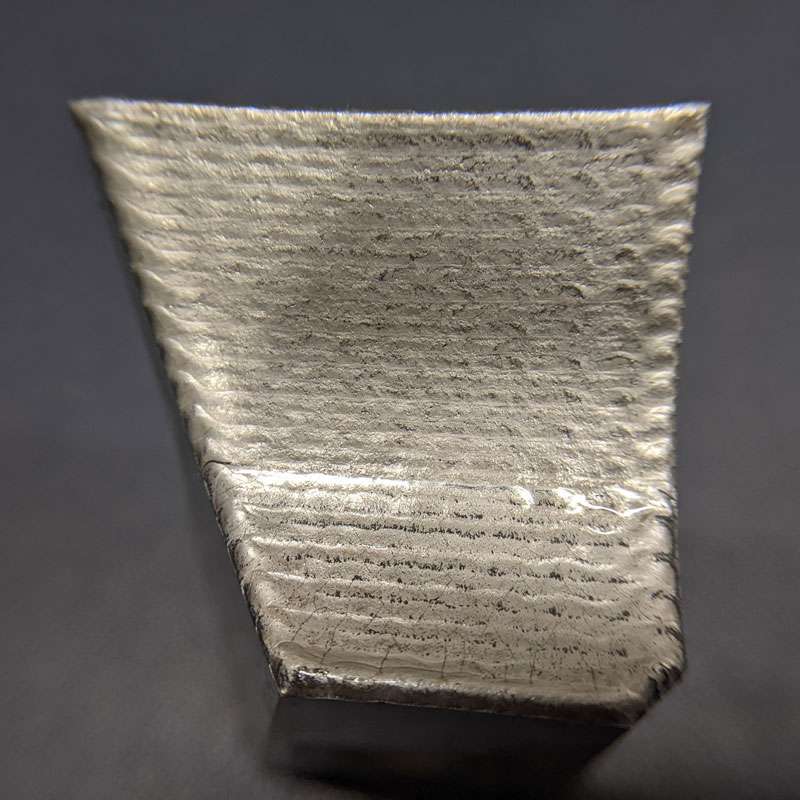
Laser Cladding
Provides excellent corrosion, wear, and abrasion resistance. Laser Cladding is also effective for treating minor surface imperfections such as cavities, tiny cracks, and rust damage.
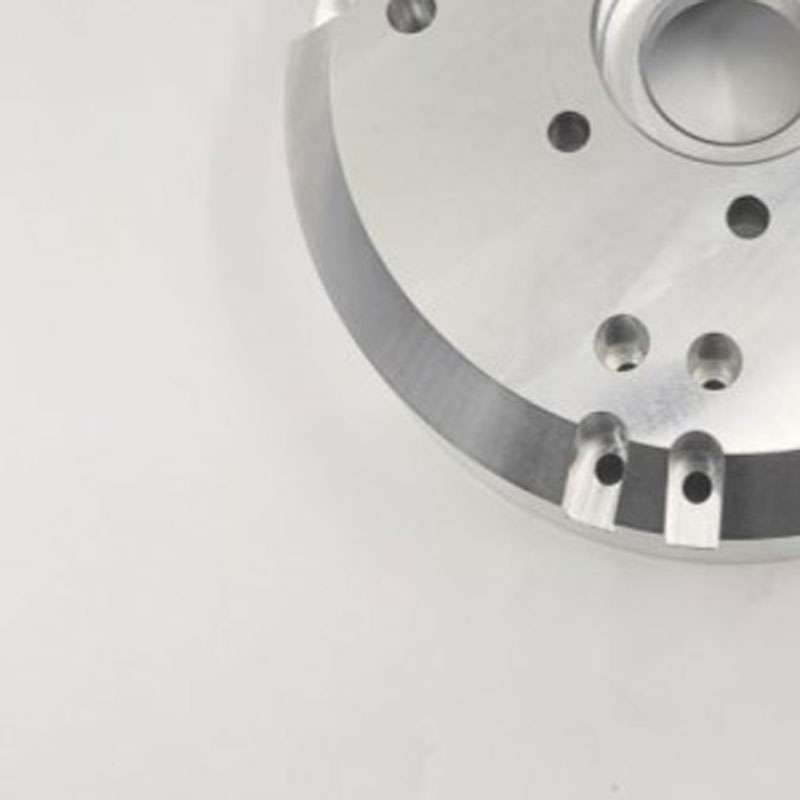
Sanding
Provides a random, non-linear texture with a shiny, high gloss finish. However, it might be unable to create sharp corners and pockets

More
Provides a random, non-linear texture with a shiny, high gloss finish. However, it might be unable to create sharp corners and pockets
3 Ways to Ensure Perfection
Standards
GENERAL TOLERANCE
For metals, the standard is ISO-2768 fH (fine)
For plastics, the standard is ISO-2768 mK (medium)
Metric threads tolerances:ISO 965-1 standard UN Threads Tolerances: ASME B1.1-2003 standard
knurling: ISO13444:2012 standard Our factory is ISO 9001:2015 certificated
Visual inspection and Protection
Constant visual inspection conditions
Quantification of cosmetic surface quality
Process requirements
Part cleaning and Protection
Quality Inspection Report
Inspection Confirmation
Dimensional confirmation
Appearance confirmation
Quality documentation
Try Prolean Now!
See why customers dig us
It has been a true pleasure working with ProleanTech for our Plastic Injection Molding needs. I appreciate your patience and the time you've dedicated to finalizing all the details.
-Steven Edwards, Lead Die Casting Engineer
We contacted ProleanTech for aluminum injection molds back in 2022. I can not believe, they deliver the first batch within a week.
-Jessica Scott, Product Development Manager at InnovateMetal Works
We are extremely pleased with your production tooling service, whether it was the first order of custom fixtures or a recent casting mold. And we will continuously work together in the future.
-Christopher Hill, PrecisionProto Labs
Your attention to detail and quality in plastic injection mold manufacturing is commendable. The services are reliable, and we are highly satisfied with the final results.
-Maria Turner, MolderWorks Manufacturing
As an US company I first hesitate to outsource from china due to misunderstanding about tarrifs. Later, i found why comapnies are partnering companies like proleanTech. Thank you!
-Andrew White, Surface Treatment Specialist at CoatPro Solutions
We're impressed with ProleanTech's exceptional service and quality in plastic injection molding. They delivered excellent results, which made them our trusted partner.
-Nicole Rogers, Director of Manufacturing at CustomMold Solutions
Related Blog
Acrylic Injection Molding: The Ultimate Guide
Get strong, clear plastic parts with acrylic injection molding
Rubber Overmolding: Process, Design, and Applications
Rubber overmolding creates bonded parts with better adhesion and performance
Practical Guide to Designing Injection-Molded Enclosures
Learn how to design injection molded enclosures
Get Your Parts Made Today

